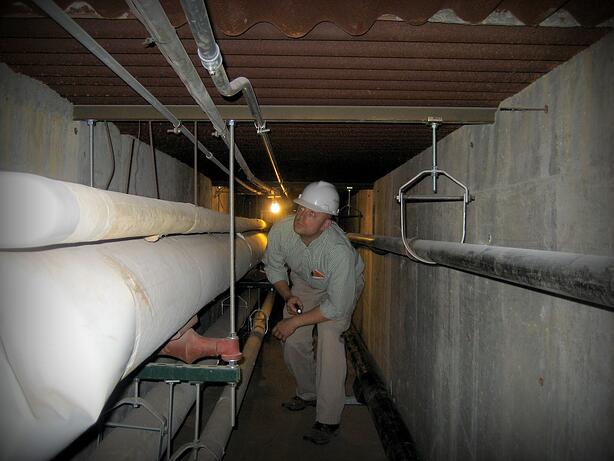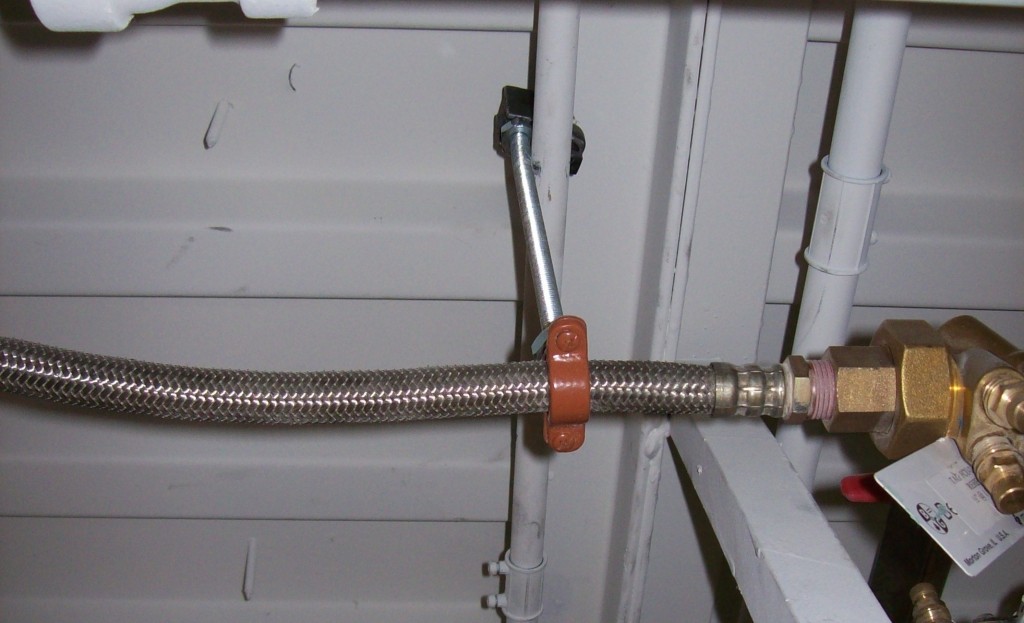There are a lot of forces working against achieving the desired performance for new and existing buildings. Complex designs for building system interactions, a lack of equipment maintenance and calibration, turnover of facility personnel, and changes in building utilization can adversely affect building performance. Typical building performance problems include a wide range of significant issues, from chiller evaporator coil freezing to space humidity problems to unrealized equipment efficiency. In an ideal world of building design, construction, operation and maintenance, each new and renovated building would be commissioned, maintained in accordance with the commissioning systems manual, operated per the design intent, re-commissioned to ensure or restore design parameters, and retro-commissioned if the utilization of the building systems change significantly. Unfortunately, the real world and ideal world are two very different places. Most existing buildings have never been commissioned, which creates an enormous opportunity for building performance problems to arise and persist. It is not surprising that we are often called in for “problem solving.”
Building performance problem solving is not the same as building commissioning. In a problem solving scenario, the building owner’s concerns are focused on a specific sub-set of the existing equipment or systems. In many cases, prior parties have unsuccessfully tried to fix the problem, and have consequently made numerous undocumented changes to the systems. Such changes and a narrow focus on the symptoms of a problem can actually create new problems or at the very least increase the complexity of the existing problem(s). Despite the added complexity and uncertainty, building performance problem solving can be a very interesting and rewarding service. It is particularly rewarding to help clients move past obstacles that have kept them from achieving the performance potential of their buildings for many years. At the heart of building performance problem solving, much like building commissioning, is the application of rigorous technical analysis and systems thinking to achieve a building’s performance potential. Although building performance problem solving is narrower in its focus, the commissioning process serves as a useful guide for identifying the design intent, assessing the capabilities of the design, and verifying and testing a building's installed systems.
It is worth noting that our clients request problem solving for both un-commissioned and commissioned buildings. Why for commissioned buildings? Eventually complex systems may drift away from their intended operation. Maintenance of only individual pieces of equipment is typically not sufficient for maintaining the long-term performance of interacting building systems. Of course, building commissioning that was not sufficiently rigorous can also allow design and construction problems to arise and persist. If you want a building to perform well, you want to look for quality commissioning services. The essence of commissioning is quality assurance – skimping on quality in a quality assurance process is entirely counter-productive. Building performance problems may arise over the long term, but the major benefit of mitigating those problems in the near term is the avoided costs of poor performance, such as wasted energy, occupant discomfort, and the ever important impacts on occupant/worker productivity. In un-commissioned and inadequately commissioned buildings, these problems may persist through several years of ad-hoc troubleshooting.
Building commissioning, retro-commissioning, and re-commissioning are steadily becoming more common, yet building performance problem solving remains an important service for our clients. Achieving building performance is a process, one that ideally starts with commissioning, but can start successfully with solving a problem.




